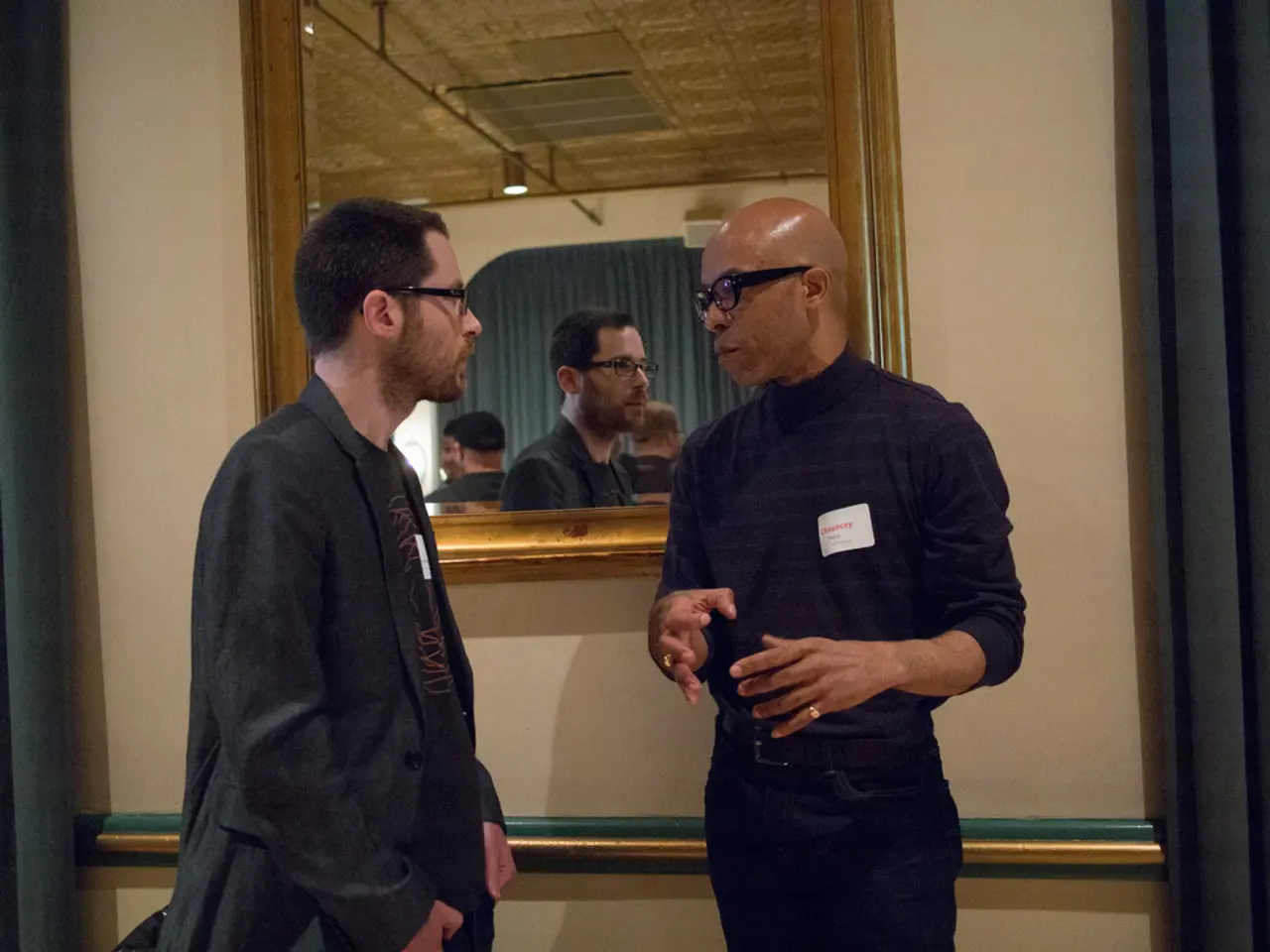International powers in Europe collaborate to curtail debate on colonial reparations within the United Nations General Assembly
The African Union and a coalition of African and Caribbean nations, led by Ghana, Namibia, and the CARICOM bloc, are spearheading an organized effort to force the discussion of reparations at the United Nations General Assembly. This year's push represents the most significant attempt to date.
The African Union declared 2025 as the year of "Justice for Africans and People of African Descent through Reparations." In line with this, the AU has endorsed the Accra Declaration calling for a Global Reparations Fund. However, European countries are not acknowledging this in their negotiations.
Grenada's Prime Minister Dickon Mitchell has publicly called for apologies and payments from the European Union. CARICOM is already in negotiations with former colonial powers, including the United Kingdom, over what officials describe as multi-trillion-dollar compensation claims. These discussions, however, are not mentioned in the current context.
The African Union official stated that European countries are offering alternative development initiatives and debt relief programs rather than acknowledging historical guilt and a legal obligation to pay reparations. European countries are proposing these alternatives instead of recognizing legal obligations for reparations.
Several European countries have coordinated during UN negotiations to prevent the topic of colonial reparations from becoming an official agenda item. Specific countries involved in this coordination are not explicitly named in the available sources. European officials are concerned that openly rejecting reparations could appear inconsistent with their support for reparations to Ukraine following Russia's invasion.
Previously, attempts to bring reparations to the UN agenda have been modified or blocked in preliminary committees. This year, the negotiations are taking place behind the scenes during the UN's High-Level Week, which continues through September 26.
A senior diplomat from a CARICOM nation stated that many of their nations spend more on servicing sovereign debts than on healthcare for their people. This underscores the urgency of the reparations issue for these nations.
Meanwhile, a separate debate over historical reparations is taking place behind the scenes. Nearly 150 world leaders are gathering in New York for the UN's High-Level Week, making it an opportune time for these discussions.
The strategy of European countries involves offering what they control through existing aid channels rather than new reparations mechanisms. This approach has been met with criticism from the Global South nations, who argue that it does not address the historical injustices and legal obligations for reparations.
As the discussions continue, it remains to be seen whether the UN General Assembly will include reparations on its official agenda. The push for reparations is a significant issue with far-reaching implications for nations that have been historically affected by colonialism.
Read also:
- United States tariffs pose a threat to India, necessitating the recruitment of adept negotiators or strategists, similar to those who had influenced Trump's decisions.
- Weekly happenings in the German Federal Parliament (Bundestag)
- Southwest region's most popular posts, accompanied by an inquiry:
- Discussion between Putin and Trump in Alaska could potentially overshadow Ukraine's concerns








